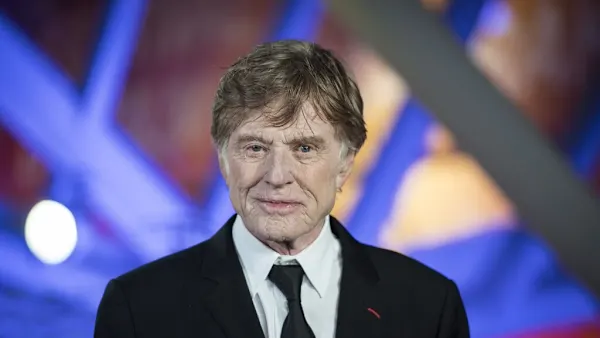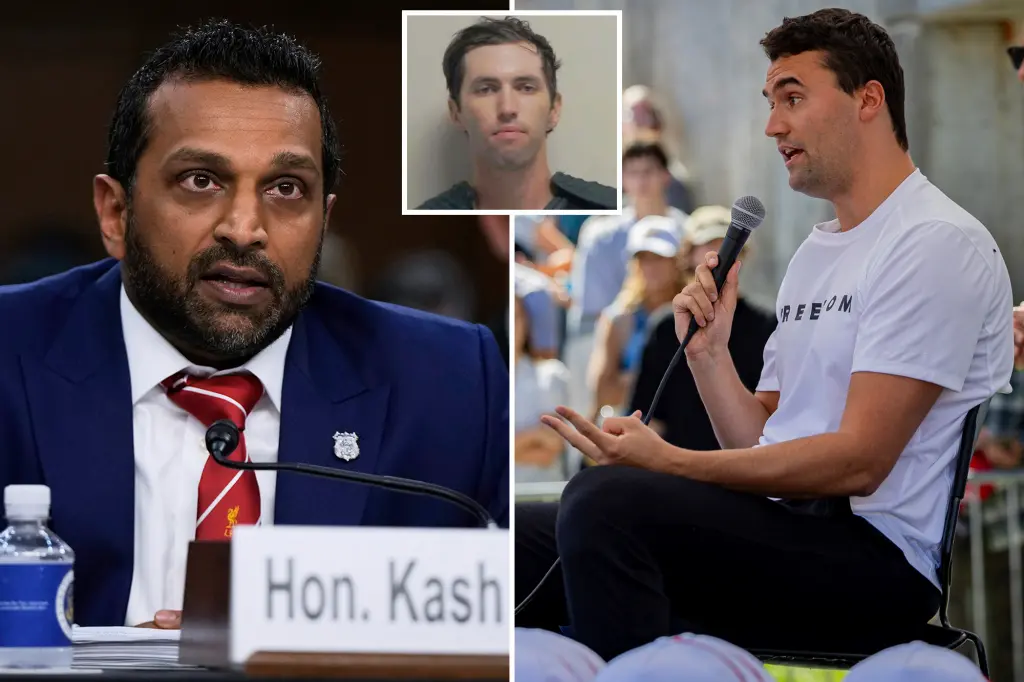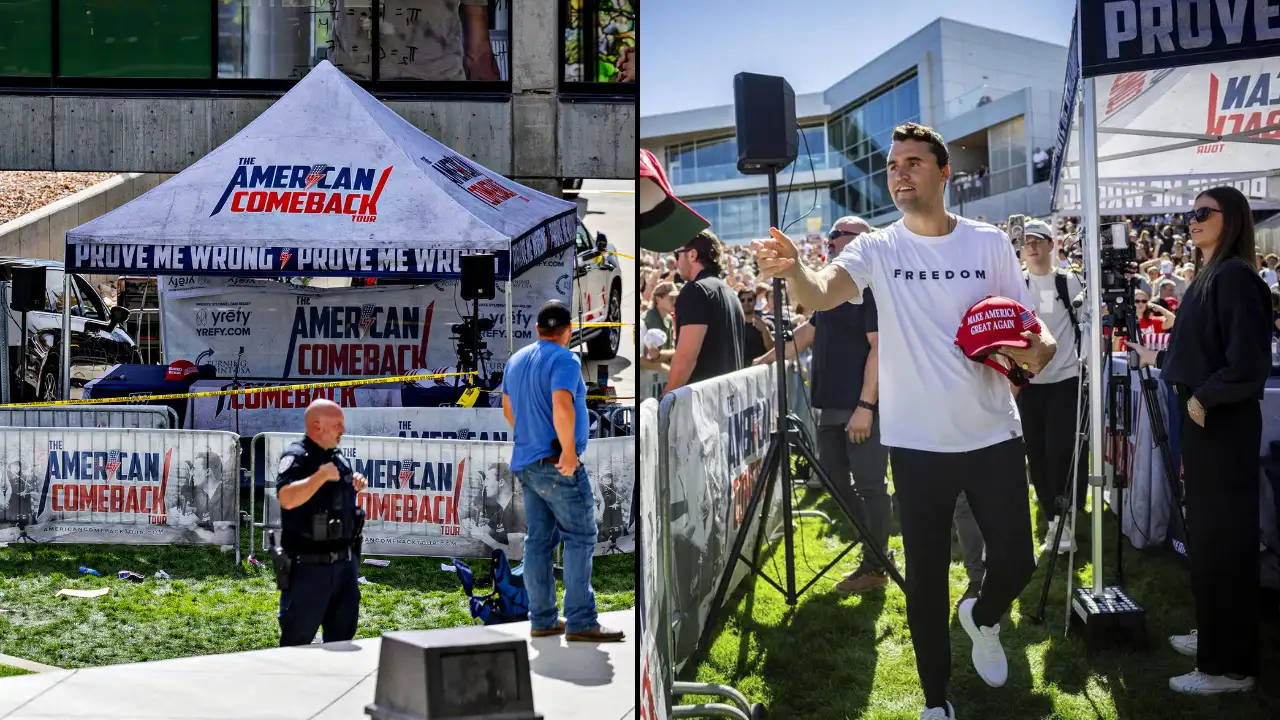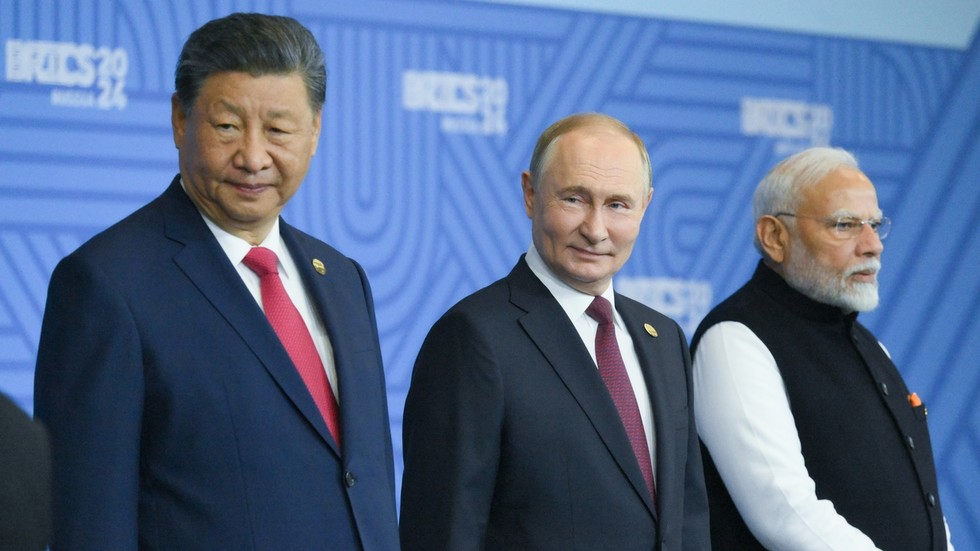Tesla board blocks shareholder vote that could have banned political speech by CEO Elon Musk
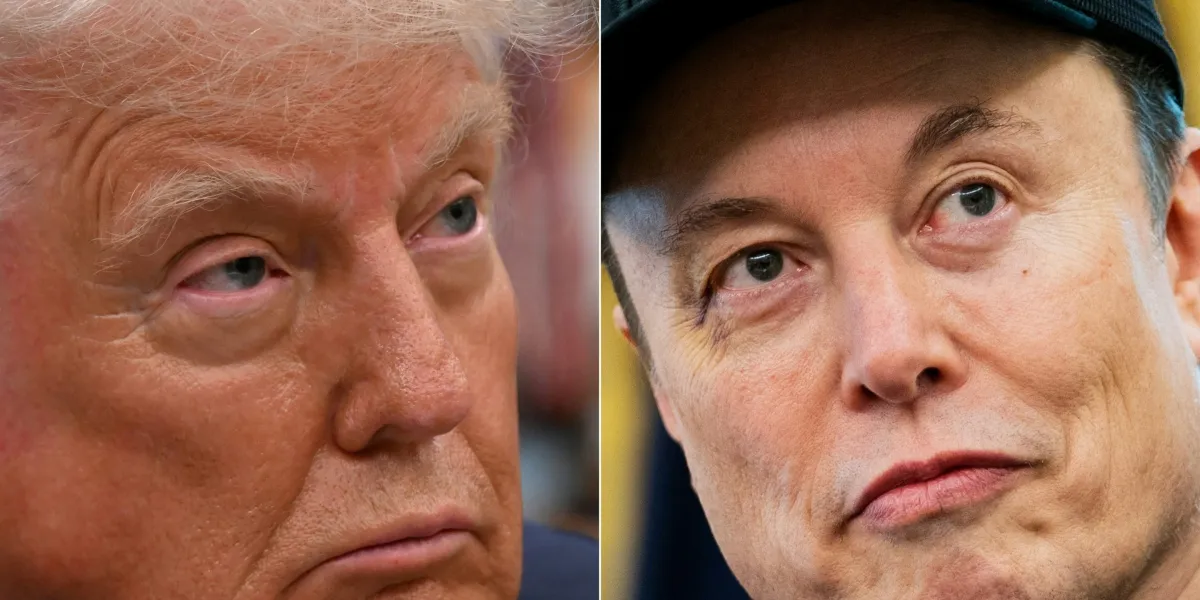
The proposal was submitted by Jay Butera, 67, a staunch climate advocate and investor who has held shares in Tesla since the company’s 2010 IPO. Butera’s neutrality proposal, if approved by shareholders, would have prohibited Tesla leadership from making political statements, endorsements, or contributions in support or opposition to political parties or candidates. Butera, a retired entrepreneur who still holds millions of dollars’ worth of Tesla stock, is a die-hard renewable energy supporter and previously lobbied for the creation of the bipartisan Climate Solutions Caucus in the House of Representatives in 2016.
Butera said he’s disappointed in the outcome because he thinks the proposal would have helped Tesla advance its “mission of accelerating sustainability,” which he views as vital to the world. He told Fortune he doesn’t want to see the company “jeopardized by unnecessary forays into the endless friction of human politics. The Tesla brand, and its mission, should stay above that fray.”
“I hope Tesla’s board at least takes note of my proposal’s intent and the investor interest in the concept,” Butera wrote in an email. “They can exclude my proposal from the ballot on technical grounds, but the issue remains—political perceptions are still harming the Tesla brand, reducing sales, and stressing government relations. I hope the board will find a way to improve that.”
The Tesla board in August sent a letter to the SEC seeking to exclude the proposal from its 2025 proxy materials without risking an enforcement action from regulators. Like most publicly traded companies, the $1.3 trillion EV and robotics company sends proxy materials to Tesla shareholders in advance of its annual meetings each year. Excluding the proposal means investors won’t get a chance to vote on it at the upcoming meeting in November.
However, some Tesla investors have been hoping for the board to more directly address the issue. Retail, individual investors who hold thousands of shares in the company have submitted and upvoted questions related to CEO Elon Musk’s role in politics—and his time spent on matters pertaining to Tesla—on shareholder platforms Tesla uses to solicit queries before quarterly earnings calls every quarter since late 2024. Butera’s proposal would have been the first time investors had a chance to vote directly on the issue of politics and their impact on the EV maker’s business.
While the proposal doesn’t explicitly mention Musk, the Tesla CEO has been heavily involved in conservative Republican political activity since he donated millions to a Super PAC devoted to advancing President Trump’s 2024 campaign. After the election, Musk became a fixture at Trump’s side in the Oval Office and at Mar-a-Lago, and served as a visual emblem of the Department of Government Efficiency (DOGE), frequently appearing in black DOGE baseball caps. The friendship crescendoed into a thunderous fallout in June, when a feud between Musk and Trump played out on their respective social media platforms, X and Truth Social. Since then, the two have seemingly severed ties.
The Tesla board argued in its letter to the SEC that the proposal sought to “micromanage” the company and that Tesla itself lacks the power or authority to implement such a measure. In its reply, the commission agreed that the proposal was micromanagement and told Tesla it would not recommend any enforcement action if the board omitted it from its proxy materials. It didn’t comment on the second prong of the board’s argument to exclude the proposal.
“In reaching this position, we have not found it necessary to address the alternative basis for omission upon which the Company relies,” the SEC’s review team wrote in a letter to Xuehui Cassie Zhang. Zhang is the associate general counsel at Tesla.
Tesla did not immediately respond to a request for comment.
“Calling the proposal ‘micro-management’ seems ironic because my proposal was trying to address a nearly existential problem for the company,” Butera said. “Hopefully it at least gives pause for management and the board and encourages them to seek their own solutions to the problem.”
Tesla’s board told investors in preliminary proxy materials that enforcing the tenets of the proposed policy could require the company “to violate state laws, including those that limit the ability of a company to regulate the political speech of their employees.” The board included that recommendation in pre-proxy materials prior to the SEC’s issuance of its letter. A definitive proxy will soon be distributed to investors and filed publicly.
Butera previously told Fortune he submitted the proposal after sending a letter to the board in October 2024 outlining his concerns and not getting a response.
